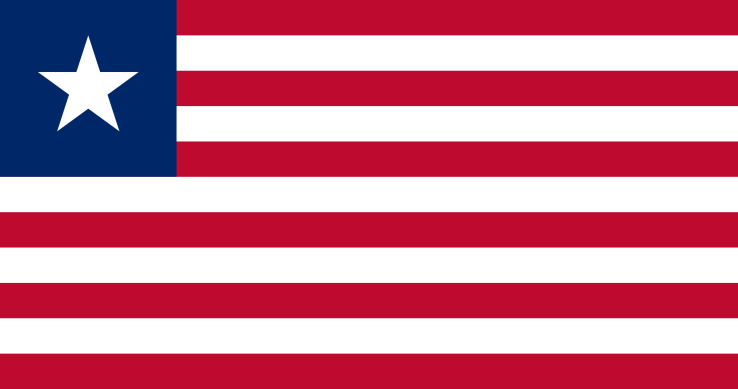Liberia Economy Goes Cashless Soon

By David A. Yates
-- CBL leads transition, emphasizes Mobile Money transactions
The Liberian economy is on the verge of going cashless; thanks to the vision of the new leadership of the Central Bank of Liberia (CBL) to ensure that some of the many financial problems that the country faces are resolved.
With this, the CBL says Liberians should now be bracing themselves to embark on Cashless Transactions, one of many best international financial practices across the world.
According to CBL Director for Payment, Miatta Kuteh, this endeavor is one of the major initiatives that the bank is embarking upon to help improve the country's monetary policy.
A cashless economy is one wherein financial transactions are not conducted with money in the form of physical banknotes or coins, but rather through the transfer of digital information (usually an electronic representation of money) between the transacting parties.
Going cashless not only increases convenience, but financial experts say it also helps authenticate and formalize the transactions that are done. This helps to curb corruption and the flow of black money; which has resulted in an increase of economic growth. The advantage of going cashless involves reduced expenditure incurred in printing and transportation of currency. However, that expenditure is handed over so service providers, such as mobile money and other digital service providers who would charge a fee for each transaction, as a way to maintain cashless financial platforms.
So far, cashless transactions have allowed consumers to access to their money in savings virtually from anywhere in the country. Bank-issued cards and mobile money platforms have proven their convenience in many use cases from the mid to upper levels of the economy, such as SMEs to schools, supermarkets and other well-known merchant organizations who now receive tuition and other payments.
However, certain sectors of the economy, such as those in the public transport sector still find cashless transactions a bit cumbersome because the transaction process is still too slow. Also, many health centers still do not accept cashless payments. At best, few have an automated teller machine (ATM) or a banking kiosk on site to make it easier for customers to get cash to pay their bills. But these are simply opportunities for innovation
In some advanced economies, cashless transactions have given rise to concerns about consumer privacy.
According to experts, the success of Liberia's pursuit of a cashless economy will be underpinned first and foremost by affordable and reliable electricity, then innovative technology solutions backed by strong cyber security policies, as well as the market growth to make the investment worthwhile.
A cashless economy is one wherein financial transactions are not conducted with money in the form of physical banknotes or coins, but rather through the transfer of digital information.
Mrs. Kuteh, who spoke on the ELBC Super Morning Show on Monday, December 2, 2019, said it is now compelling that Liberian move to digital payments because of where the world is going and the country is part of what "we called the West African monetary institute as well as the Association of West African Central Banks, so all of the initiatives that are currently ongoing around the world; in our south region we can't be excluded."
She added that the CBL has over the years made several efforts towards what "we called financial inclusion." According to her, financial inclusion means if you have a bank account or you have a mobile money account and you are using it. That means you are included in the formal financial sector.
"Why is it important to be included in the formal financial sector? Having a bank account is like having a doctor; we all cannot do without a doctor because one day you will get sick. You know being included in the financial system allows one to get access to loans, credit and all of that.
"So it is important for us to look at digital payment from a financial inclusion perspective. That means you are formally in the financial sector you have access to finance, access to credit and all of that means you have a bank account or a mobile money account, [which] means you are included in the financial system."
In the past few years, Mrs. Kuteh said, the unprecedented growth of mobile financial services in sub-Saharan Africa has defied all expectations. Kenya is often cited as a leading example of digital transformation, followed by Ghana.
The Assistant Director for Regulation and Supervision, Supuwood Tarpeh, reiterated that financial inclusion has been the ultimate goal of the CBL for the last five years. "So, this has not come as a surprise to us, given the fact that we are trying to do more publicity for digitization, which means it's at the implementation stage now.
"I will hasten to say that we all understand the liquidity squeeze in Liberian dollars right now, but I think is an opportunity for us to have alternative means of payment and we all understand the haling of currency in Liberian banking system.
"So it is good for us to start thinking about other alternative means to using cash; if we don't have cash, we think we are broke," he said.
 Africas leading resource for digital financial services
Africas leading resource for digital financial services


comments